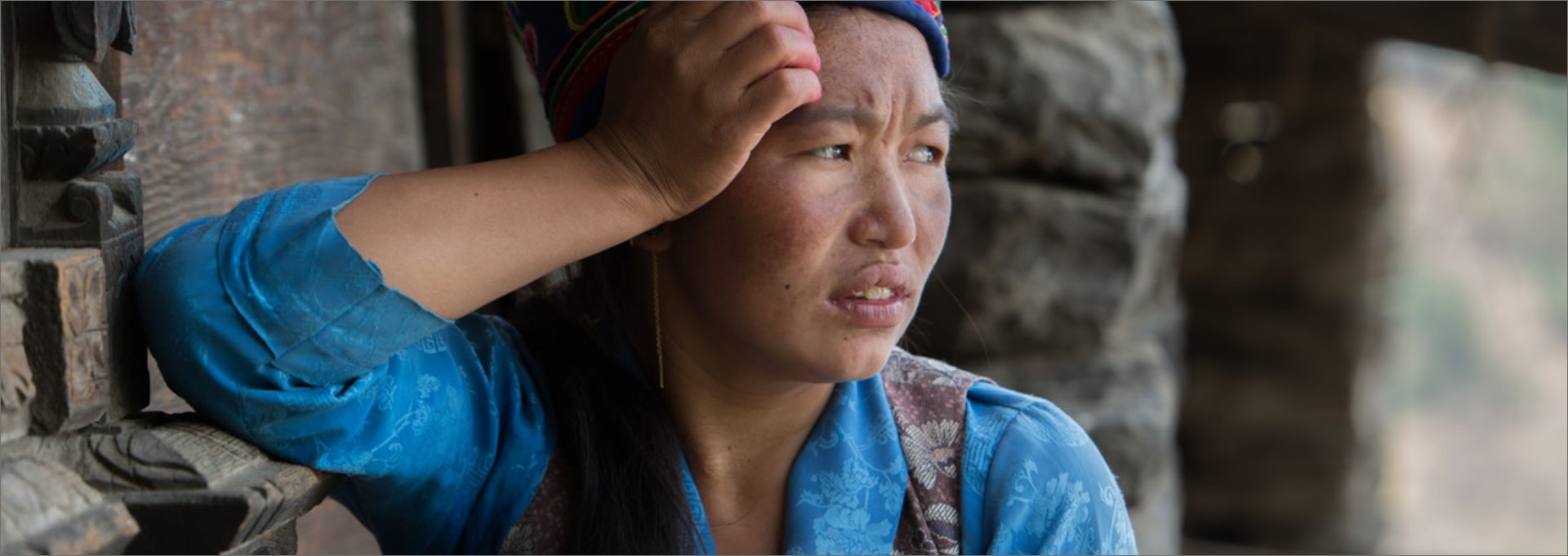

| 31 March 2016
Antigua Planned Parenthood Association
The Caribbean Family Planning Affiliation (CFPA) is the only regional non-governmental organization (NGO) devoted to family planning and sexual and reproductive health in the Caribbean. CPFA serves 12 island Member Associations and 5 Associate Member Associations in the Caribbean, Central and South America. It supports these Associations with technical assistance and materials, and represents their collective interests at IPPF meetings and in the Caribbean region among governments and NGOs. CFPA Member Associations are located in Anguilla, Antigua, Aruba, Bahamas, Bermuda, Curacao, Dominica, Grenada, Guadeloupe, Martinique, St. Lucia and St. Vincent. CFPA Associate Member Associations are located in Belize, Barbados, Guyana, Jamaica, Suriname, and Trinidad and Tobago. The CFPA does not offer any clinical services or distribute family planning methods to clients, but rather focuses its work on governance and institution-building among its Member Associations. The CFPA oversees, manages and analyses core grants to 7 Caribbean Member Associations. The CFPA also submits project proposals for donor funding on behalf of the Associations.
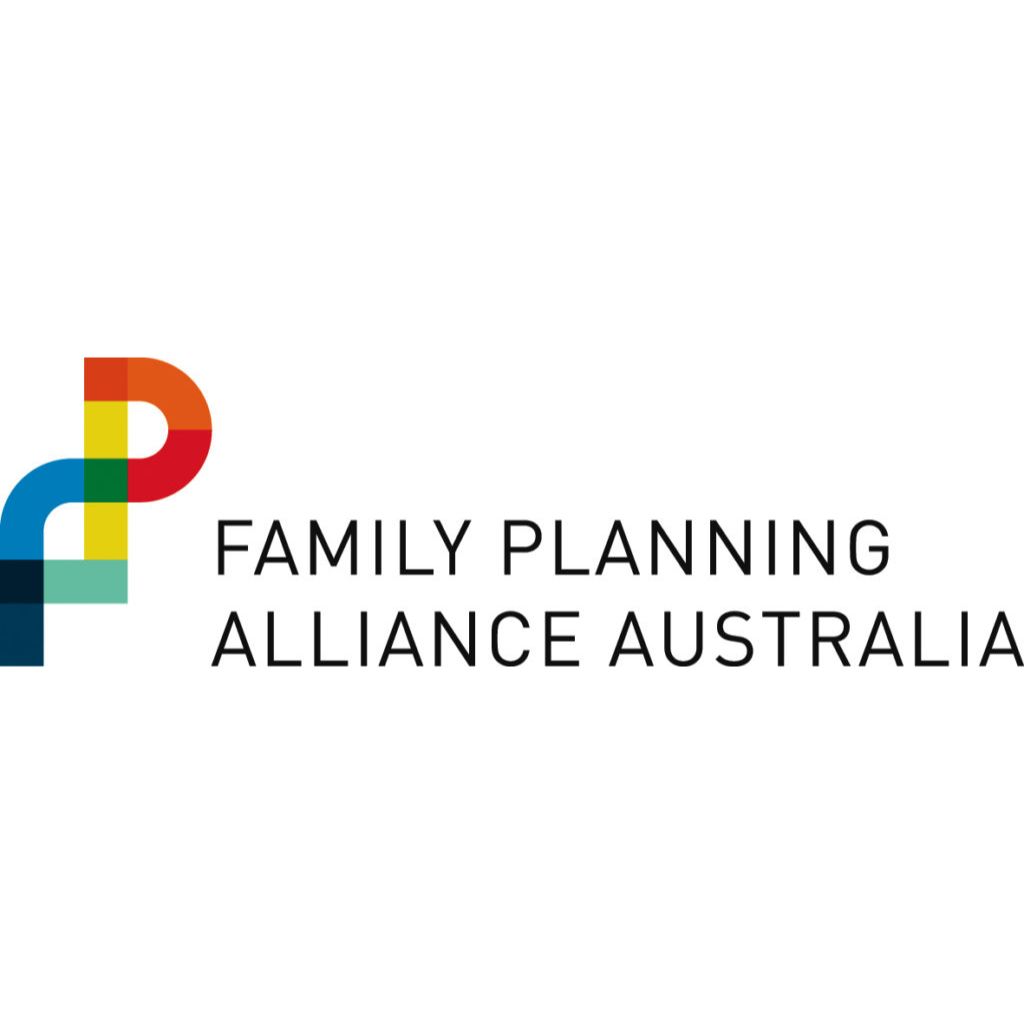
| 31 March 2016
Family Planning Alliance Australia
The Sexual Health and Family Planning Australia (SH&FPA) is a non grant-receiving Associate and also functions as a federation that comprises sexual health and family planning organizations across the country. It is the national voice of these organizations and represents their interests and perspectives at national and international levels. Projects are shared among these member organizations within Australia and outside of the country, SH&FPA works in partnership primarily with sister IPPF Member Associations. SH&FPA maintains a dynamic international programme in South East Asia and the Pacific. The major strategies of the programme are focused on enhancing the management and delivery of sexual and reproductive health care and education delivered by or with local organizations in a sustainable setting. AusAID funds most of this work. For up to 80 years, SH&FPA member organizations in each state and territory have looked after the sexual and reproductive health needs of a large number of Australians. SH&FPA member organizations provide a wide range of sexual and reproductive health services that focus on prevention, early intervention, diagnosis and treatment, and community and professional education. Member organizations deliver clinical services, which include pap smears, breast checks, sexually transmitted infection (STI) checks and counselling services (including HIV), consultations, counselling and provision of contraceptives, pregnancy tests and counselling, treatment and counselling for menopause problems, and information and education services for the public around reproduction, contraceptive methods and relationships and self-esteem. Website: https://www.shfpact.org.au/
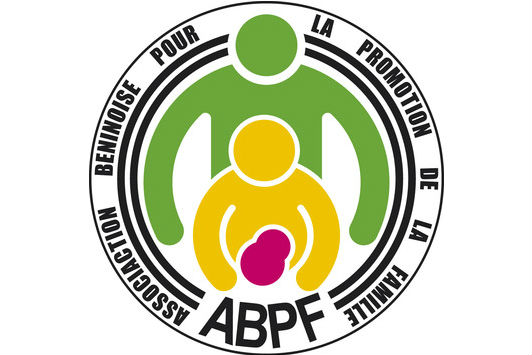
| 31 March 2016
Association Béninoise pour la Promotion de la Famille
The Association Béninoise pour la Promotion de la Famille (ABPF) has been operating for 38 years. ABPF offers family planning, ante-natal and post-abortion care, infertility treatment, screening of cancers of the reproductive system, and management of sexually transmitted infections (including HIV and AIDS). Its service points include permanent and mobile clinics. ABPF is focused on reaching marginalized groups such as prisoners, sex workers, refugees and internally displaced persons. The majority of clients are estimated to be poor, marginalized, socially excluded and/or under-served. To reduce the national maternal mortality rate, ABPF operates an effective community-based obstetric and antenatal care service in 16 villages, using traditional birth attendants and volunteer health workers. ABPF also runs a locally-based service for young people which involves hundreds of community-based distributors (CBDs) and peer educators providing young people with sexual and reproductive health information, condoms and counselling services. In acknowledgment of ABPF’s expertise and accomplishments, the Government of Benin invited the organization to become a member of the technical committee (in the Ministry of Planning) that drafts reproductive health policies: the Population Policy, the Family Health Policy, HIV and AIDS policies and the National Sexual and Reproductive Health Policy. Whilst ABPF has recorded major advances in sexual and reproductive health, there are still very significant challenges as the figures for lifetime risk of maternal death, child mortality rate and unmet need for contraception of illustrate. Driving the work of ABPF is a large and dedicated team of hundreds of volunteers. There’s a Youth Action Movement which draws on the skills of young people. ABPF works in partnership with a range of government organisations, including parliament, the Ministère de la Famille, the Ministère de la Jeunesse, and the Ministère du Plan. Funders include USAID. Non-goverrnmental organizations working with ABPF include the Country Co-ordinating Mechanism for health and sexual and reproductive health. Contacts Website: http://www.abpf.org/nouv/ Facebook: https://www.facebook.com/ABPF.IPPF/
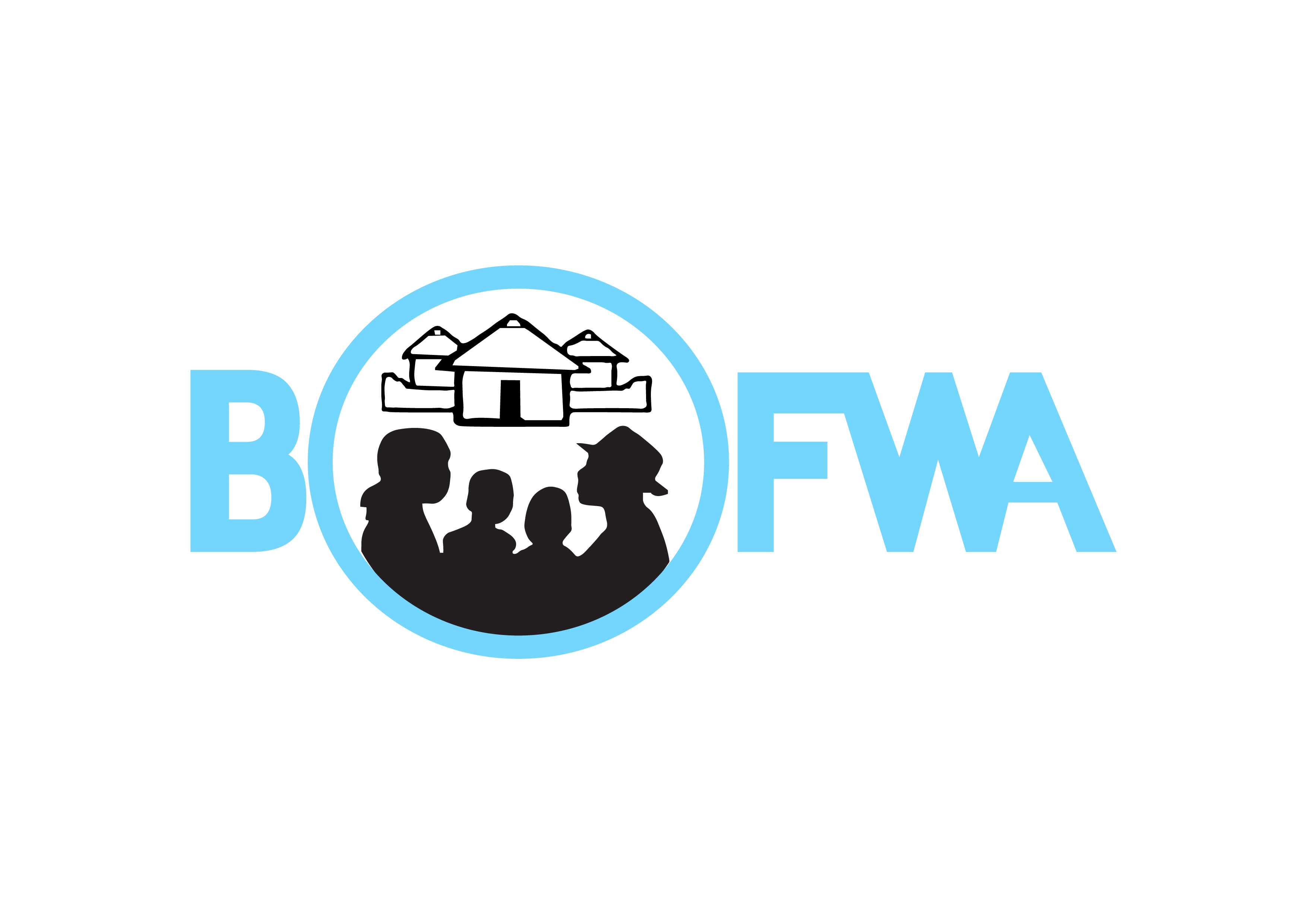
| 31 March 2016
Botswana Family Welfare Association
In Botswana, HIV prevalence rates are among the highest in the world: over 33% of the total population is living with HIV and AIDS. There’s a severe shortage of skilled health personnel, and very limited resources in the national health system. Formed in 1988, the Botswana Family Welfare Association (BOFWA) is fighting hard to fill the gap, but the challenge is enormous. The organization’s programmes target young people, sex workers, orphans, people with hearing and speech problems, and internally displaced persons. It provides family planning, infertility management, maternity services, voluntary counselling and testing (VCT), antenatal care and the diagnosis and treatment of sexually transmitted infections (STIs) including HIV and AIDS. Most of BOFWA's clients are poor, marginalized, socially excluded and/or under-served. BOFWA uses a variety of different methods to reach poor and marginalized groups and communities, and works hard to develop acceptance of, and support for sexual and reproductive health services and programmes among community leaders, politicians and the police. BOFWA is proud of its achievements, but knows that there is an immense amount of work to be done. BOFWA aims to expand its services substantially in years to come. BOFWA works in close partnership with the National Council on Population and Development (NCPD, a government agency), with non-governmental organizations including Botswana Christian Aids Intervention (BOCAIT) and with private sector groups including the Botswana Confederation of Commerce, Barclays Bank of Botswana, and Barlow World. BOFWA also partners with the Botswana Network of People Living with HIV and AIDS, the Botswana National Youth Council and the Botswana Network of Ethics and Law for HIV and AIDS. Contacts Website: http://www.bofwa.org.bw/ Facebook: https://www.facebook.com/Botswana-Family-Welfare-Association-275893025804336/
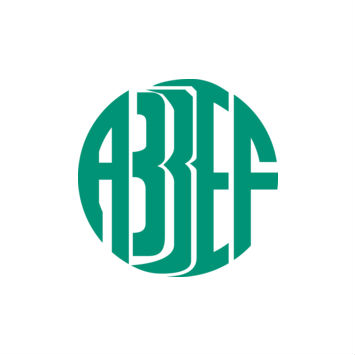
| 31 March 2016
Association Burkinabé pour le Bien-Etre Familial
Association Burkinabé pour le Bien-Etre Familial (FPABF) was set up in 1985. Staff and over 1,000 volunteers work to provide sexual and reproductive health (SRH) services to poor and marginalized people. Services include antenatal and post-natal care, prevention and treatment of sexually transmitted infections (STIs) including HIV and AIDS, provision of antiretroviral drugs, voluntary counselling and testing (VCT), screening for cancers of the reproductive system, post-abortion care, prevention of mother to child transmission (PMTCT) of HIV and AIDS, and home-based care for people living with HIV and AIDS. FPABF’s work reaches out to the poor and marginalized, and the organization runs special initiatives focused on reaching young people on the streets, people living with HIV and AIDS, and students. Professional training is provided to young people, including members of FPABF’s Youth Action Movement, which enables them to participate in small-scale profitable ventures and escape poverty. The nation has severe SRH challenges in terms of lifetime risk of maternal death and unmet need for contraception. One of the most serious issues in Burkina Faso is the 66% prevalence of female genital mutilation: a psychologically traumatic experience, an infringement of human rights and a source of substantial physical damage requiring major medical intervention. FPABP works in partnership with the Ministry of Health, the Secretariat Permanent des Organisations Non Gouvernementales (SPONG), Réseau des ONG en population et développement (REOPOD) and a range of funders including UNFPA, the EU, UNICEF and DANIDA. Facebook: https://www.facebook.com/www.abbef.net/
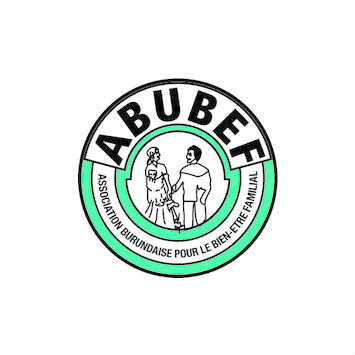
| 31 March 2016
Association Burundaise pour le Bien-Etre Familial
Set up in 1991, the Association Burundaise pour le Bien-Etre Familial's (ABUBEF) original mission was to deliver family planning. Over 20 years later, the organization operates a large number of services across a broad range of sexual and reproductive health and rights (SRHR) needs, including prevention and management of HIV and AIDS, youth-friendly counselling and education, pre-marital counselling, and antenatal and post-natal care. It accomplished this through 18 service points, including static and mobile clinics, and community-based services. An estimated 80% of its clients are poor, marginalized, socially excluded and/or under-served. Particular beneficiaries of ABUBEF’s services include young people living with HIV and AIDS, internally displaced persons, women of child-bearing age, sex workers, drug users and street children. ABUBEF delivers its service through a dedicated team which includes 81 staff, nearly 500 volunteers, 75 peer educators and well over 1,000 community-based distributors (CBDs). Their commitment to ABUBEF is crucial to the nation’s current and future sexual and reproductive health. ABUBEF’s partners include donors such as UNFPA, FHI, CARE and CNLS, and it works together with organizations including Réseau National des Jeunes Engagés pour la Lutte Contre le Sida (RENAJES) and the Association pour la Promotion de la Fille Burundaise (APFB). Website: http://www.abubef.org/







